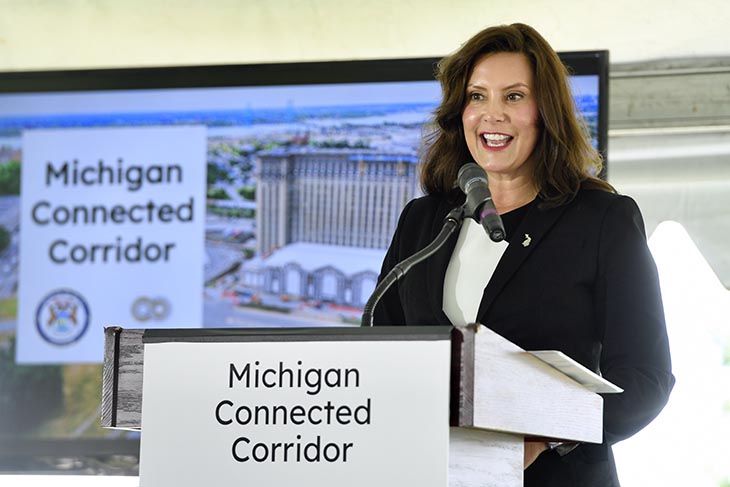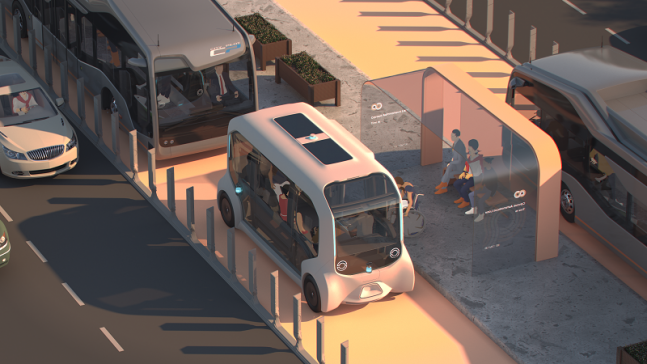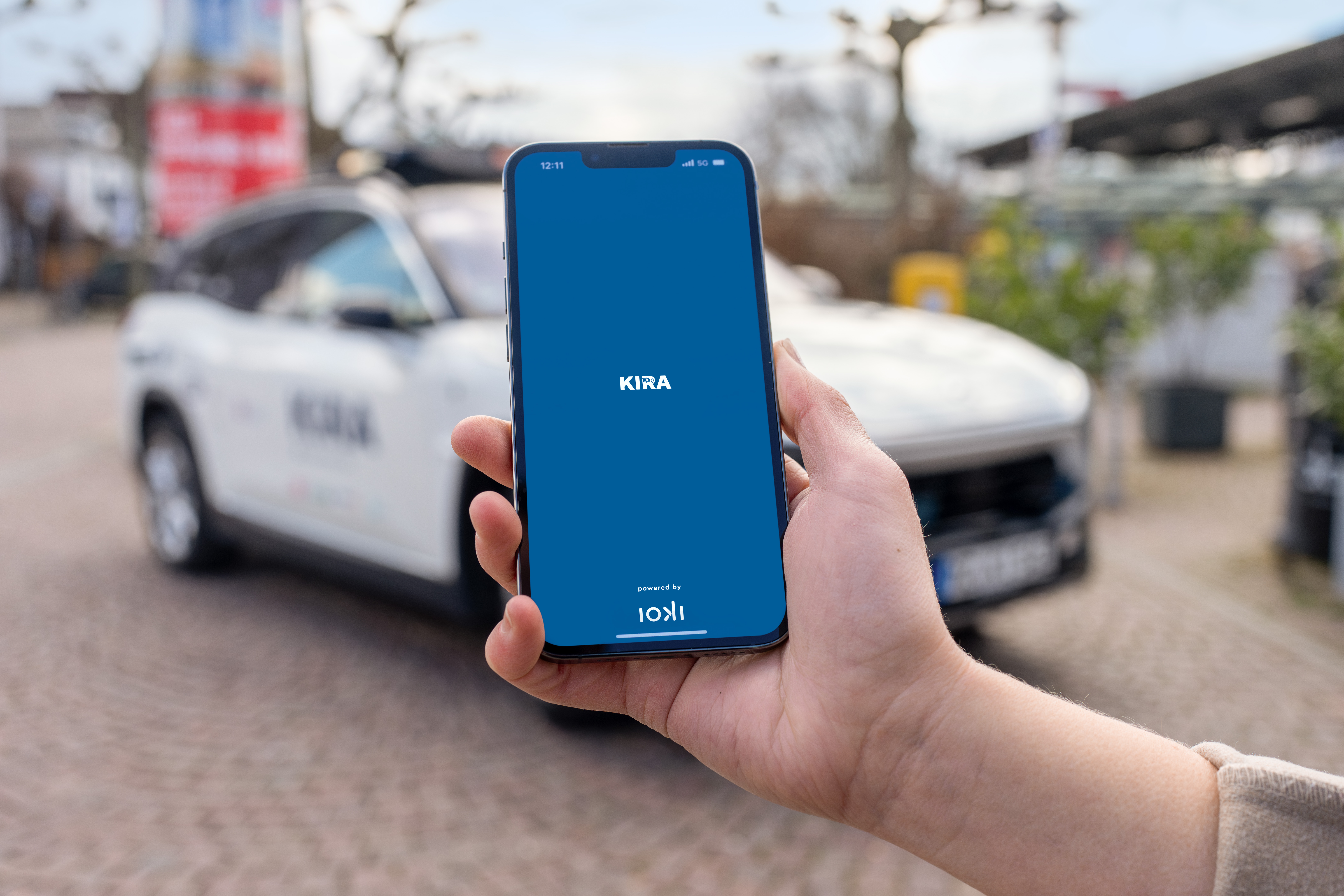
Photo: gov-gretchen-whitmer-michigan-connected-corridor
Michigan to develop 64 km CAV corridor with Sidewalk Labs spin-out
18 August 2020
by Sarah Wray
Michigan plans to create a “first-of-its-kind” 64-kilometre (40-mile) corridor for connected and autonomous vehicles (CAVs) between Downtown Detroit and Ann Arbor.
The state will work with a newly formed company called Cavnue which is focused on “building the future of roads” and founded by Sidewalk Infrastructure Partners (SIP), a spin-out of Alphabet’s urban innovation arm Sidewalk Labs. In May, Sidewalk Labs made headlines when it abandoned controversial plans to develop a smart neighbourhood in a disused area of Toronto’s Quayside district, citing “unprecedented economic uncertainty” amid COVID-19.
Michigan Governor Gretchen Whitmer said a major goal of the CAV project, envisioned as “the world’s most sophisticated roadway”, is to close long-standing gaps in access to transportation across the region. It would link key destinations along the route, including the University of Michigan, Detroit Metropolitan Airport and Michigan Central Station.
Combining digital and physical infrastructure
The initiative aims to combine innovations in physical, digital, coordination and operational infrastructure to create a “future-proofed” system with lanes that are purpose-built for CAVs. It would begin with connected buses and shared mobility vehicles such as vans and shuttles, before expanding to additional types of CAVs like freight and personal vehicles.
A primary or ‘anchor use’ of such a corridor would be to “provide a public transit alternative – an autonomous shuttle service that may offer greater safety, throughput and system-level efficiency than otherwise possible when compared with conventional vehicle or transit services, such as bus rapid transit (BRT) or light rail transit (LRT),” Cavnue said in its proposal.
“The time has come to start to integrate all of the momentum happening on the vehicle technology side with an equally strong push for innovation on our road assets themselves,” commented Brian Barlow, co-founder and co-CEO of SIP. “We believe that combining technology and physical infrastructure can help unlock the full potential of CAVs and fundamentally transform mobility to improve safety, congestion and public transit.”

Testing phase
The first phase of the project is expected to last around two years and will test technology and explore the viability of the plans. Construction and implementation would not begin, if at all, until the initial stage is complete.
“Here in Michigan, the state that put the world on wheels, we are taking the initial steps to build the infrastructure to help us test and deploy the cars of the future,” said Governor Whitmer. “As we rebuild our roads to ensure every Michigander can drive to work and drop their kids at school safely, we will also continue working to build smart infrastructure to help prepare us for the roads of tomorrow. In Michigan, where the health of our workers and our economy are directly tied to the health of our auto industry, we will continue this innovative work to secure our state’s position as the automotive capital of the world.”
Cavnue will work with the Michigan Department of Transportation (MDOT), the new Michigan Office of Future Mobility and Electrification, the Michigan Economic Development Corporation and the Michigan Department of Labor and Economic Opportunity (LEO), as well as an advisory committee of automotive and technology companies, including Ford, GM, Argo AI, Arrival, BMW, Honda, Toyota, TuSimple and Waymo.
On how the project will be financed, a spokesperson for Michigan Economic Development Corporation told Cities Today: “SIP made a significant commitment to Cavnue and this project” but didn’t disclose details on funding amounts.







